
Living for Change is a weekly newsletter that provides the perspective and activities of the Boggs Center and related organizations. Thinking for Ourselves is a weekly column exploring issues in Detroit and around the Country. The column was originally published in the Michigan Citizen.

Capable of Peace
This is the 20th anniversary of the attacks of September 11th. It is the first year without American troops on Afghan soil. An entire generation has grown up with war as a constant presence in their lives. They have grown up at a time when extreme cruelty and torture are normal ways of dealing with people. They have seen a world where waterboarding, physical, and psychological punishments have been defended. They have lived with a doctrine of “preemptive war,” justifying the right of the US to attack with full force those it deems might be an enemy.
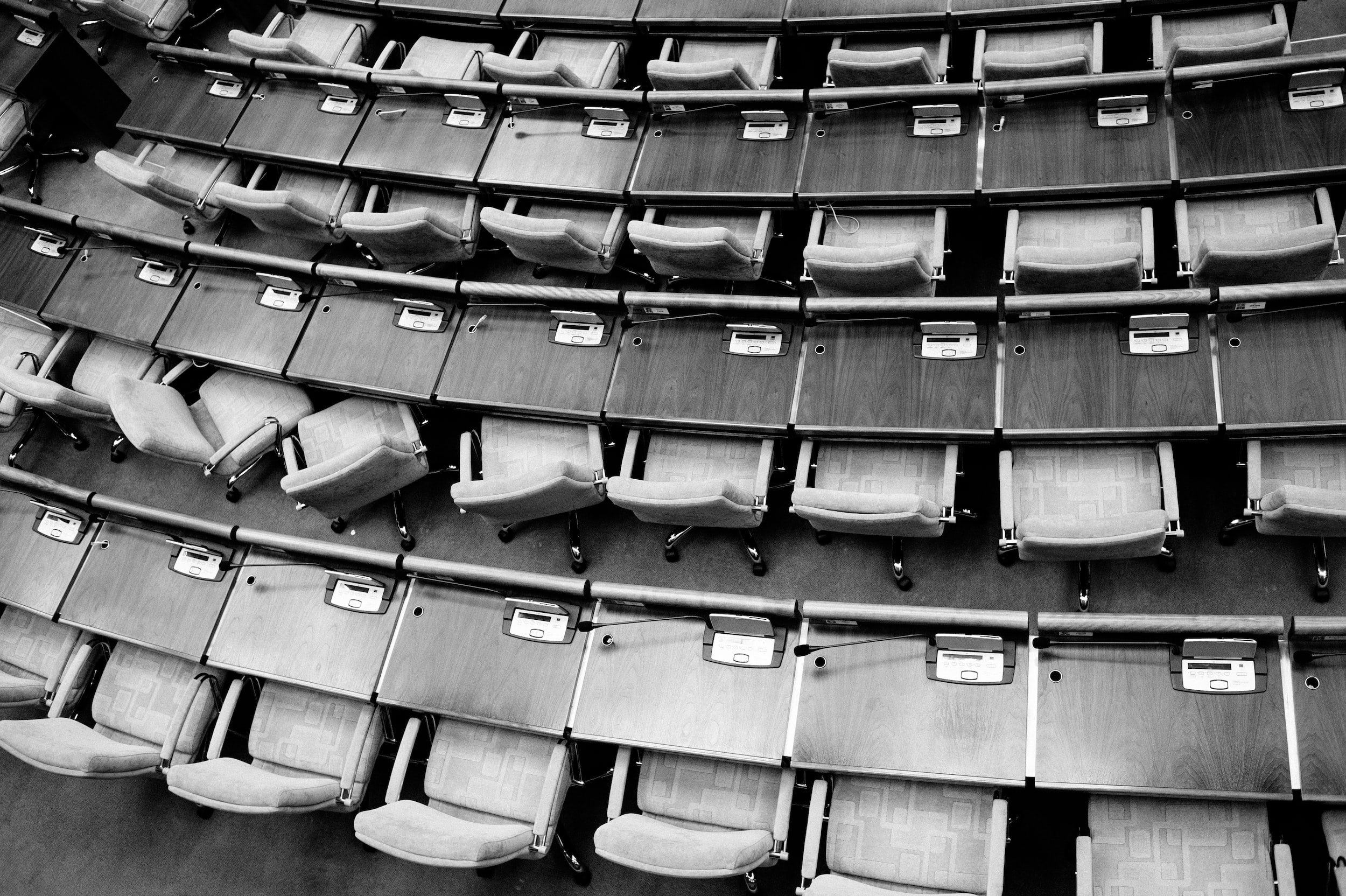
In Our Power
This week, images of FBI agents raiding Detroit City Council offices and homes flashed across the news media. Council members Janee Ayers and Scott Benson, as well as staff members, were raided in a federal investigation into public corruption. This raid comes just weeks after the Council member Andre Spivey was charged with bribery. Of the nine council members elected in the last cycle, four are now tainted with real or imagined charges of corruption. All have been strong allies of the Mayor and have steadfastly backed corporate interests.

Defund the Military
The echoes of Vietnam are clear as we watch the US withdrawal from Afghanistan. Analysts are noting the parallels of the infamous Gulf of Tonkin resolution, connived to provide legal cover for the US military buildup in Vietnam with the congressional authorization of revenge on the 9-11 terrorists. It has been used to justify attacks on 14 nations ,with 37 distinct military operations, enabling the longest sustained military engagements in US other than the war on indigenous peoples. The comparison of images of panic, desperation and destruction between the fall of Saigon and the evacuations from Kabul are strikingly clear.

Toward Recentering
Detroit and Michigan have again been assaulted by severe storms. Rains brought more widespread flooding, blocking the ability of emergency workers to even get out of their doors. Nearly 800,000 people were without power for days. Extended power outages are common place in much of the city and surrounding communities. Michigan has joined the long list of places directly impacted by the forces of global warming and climate change. Extended droughts, fires, heat and rising water levels are bringing misery and death to people and places across the globe.

After the Vote
Detroit is facing a growing divide on fundamental questions of democracy. One of the clear results of last week’s primary election is evidence of how much corporate powers fear efforts that move the city toward justice. In its report of the election, the Detroit Free Press, which opposed the proposal summarized it saying, “Supporters of the controversial ballot question sought to revise Detroit's charter in ways that would push toward a more just and equitable Detroit, including better access to broadband internet, greater water affordability, a task force on reparations and justice for African Americans.”

Living Democracies
At this writing, the fate of Proposal P, the effort to revise the Detroit City Charter, is unclear. No doubt, if it is passed, it will face numerous legal challenges, as the forces against it are committed to its defeat. If it fails, however, many of the ideas contained in it will continue to be raised throughout the city. Whatever the fate of this particular issue, there are some things that are import for us to think about more carefully.

Proposal P for the People
Corporate powers have launched an all-out campaign against the proposed city charter revisions. Last week I got an email blitz from Rev. Horace Sheffield, III warning me that “Proposal P is an illusion, a delusion and a ball of confusion!” He argued that proposal P jeopardizes city services by creating dozens of mandates to increase city spending by millions every year.” The weakness in that argument seems clear.

After the Flood
This week the strongest argument for voting Yes on Proposal P for the new city charter came with torrential rains. Much like the pandemic, this catastrophe revealed the lack of comprehensive thinking about how to live more consciously in just and sustainable ways.
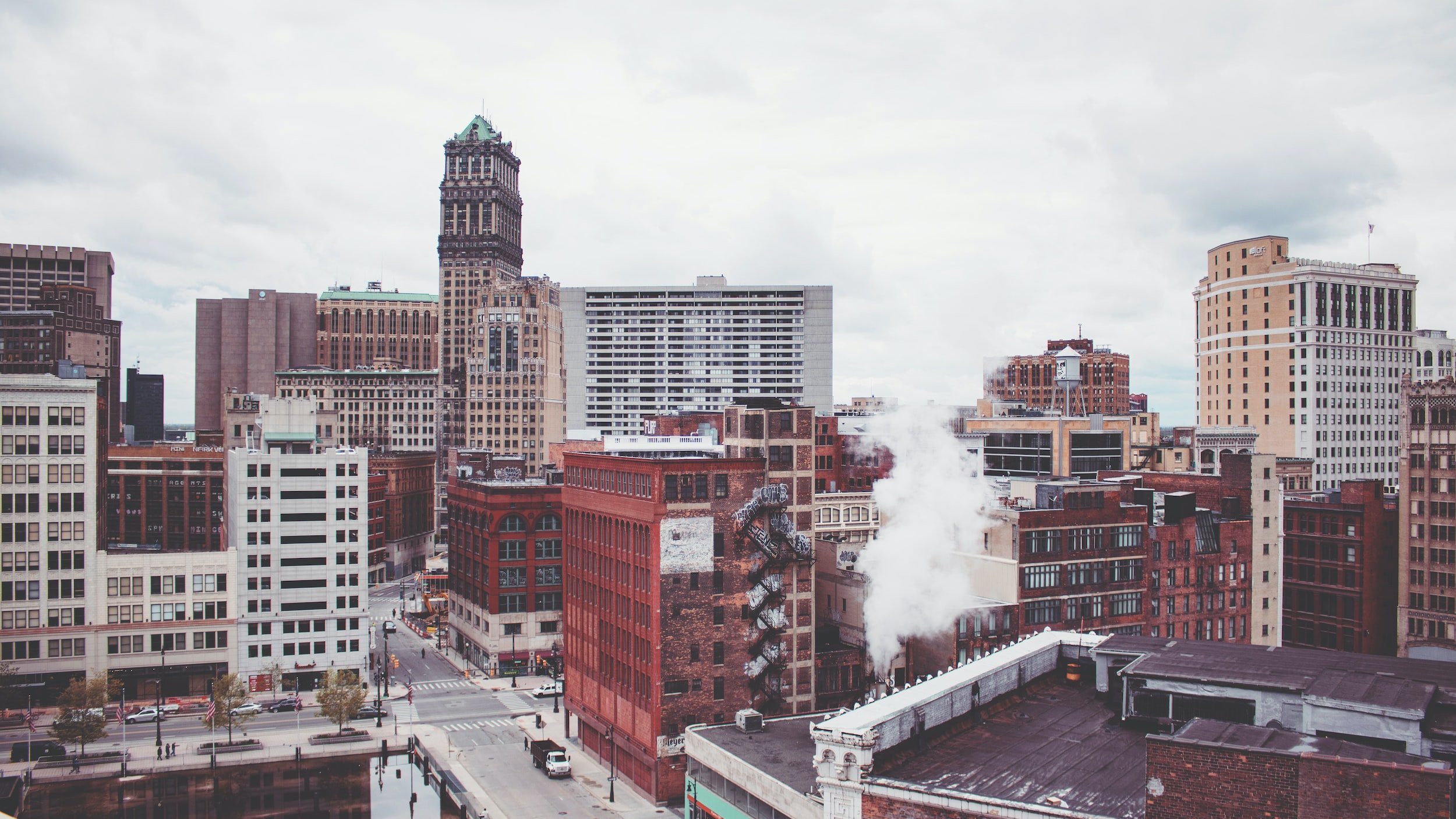
Sustainable Democratic Cities
As people gather to celebrate Independence Day, we face critical questions about the future of democracies. Over the last decade, with the rise of authoritarian governments and increasing repression, no one was shocked when President Biden announced in a Memorial Day speech that “democracy itself is in peril.”

For Grace at 106
I am sharing a leaflet we wrote in the fall of 2004. It was the first time Grace emphasized what would become a key idea over the next decade of her work, the need to grow our souls. It emerged from a conference at the Fetzer Institute, sponsored by the Center for Democratic Renewal/Project Change and Tools for Change.

Reparations Opportunity
The impulse to create a new, living democracy is strong in Detroit. As a movement city, people have long understood the power of organized action for change. We are the home of some of the most radically democratic efforts in the country, infusing our political life with principles of justice and compassion.

Law and Order
The Republican party has given up all pretense that it believes in democracy. It does believe in the rule of law, though. That is why throughout the country republicans are moving systematically to create legal frameworks that will enable them to control the outcome of elections. Their determination to suppress the ability of people to vote is now widely documented. This suppression is tied directly to their instance that the last election was a fraud, and they are determined to make sure the next one comes out the way they want.

Charter Visions
After a week of legal wrangling, the ability of Detroiters to vote for or against the proposed City Charter is unclear. What should be clear, is the fight over the Charter is at the heart of contested visions of our city. Whatever its flaws, the Charter holds out a vision of our city that puts people first, acknowledges the disparities among us, and takes concrete steps to improve the lives of our people, our children, and our neighborhoods. It limits the power of the Mayor and the Police and increases citizen voices.
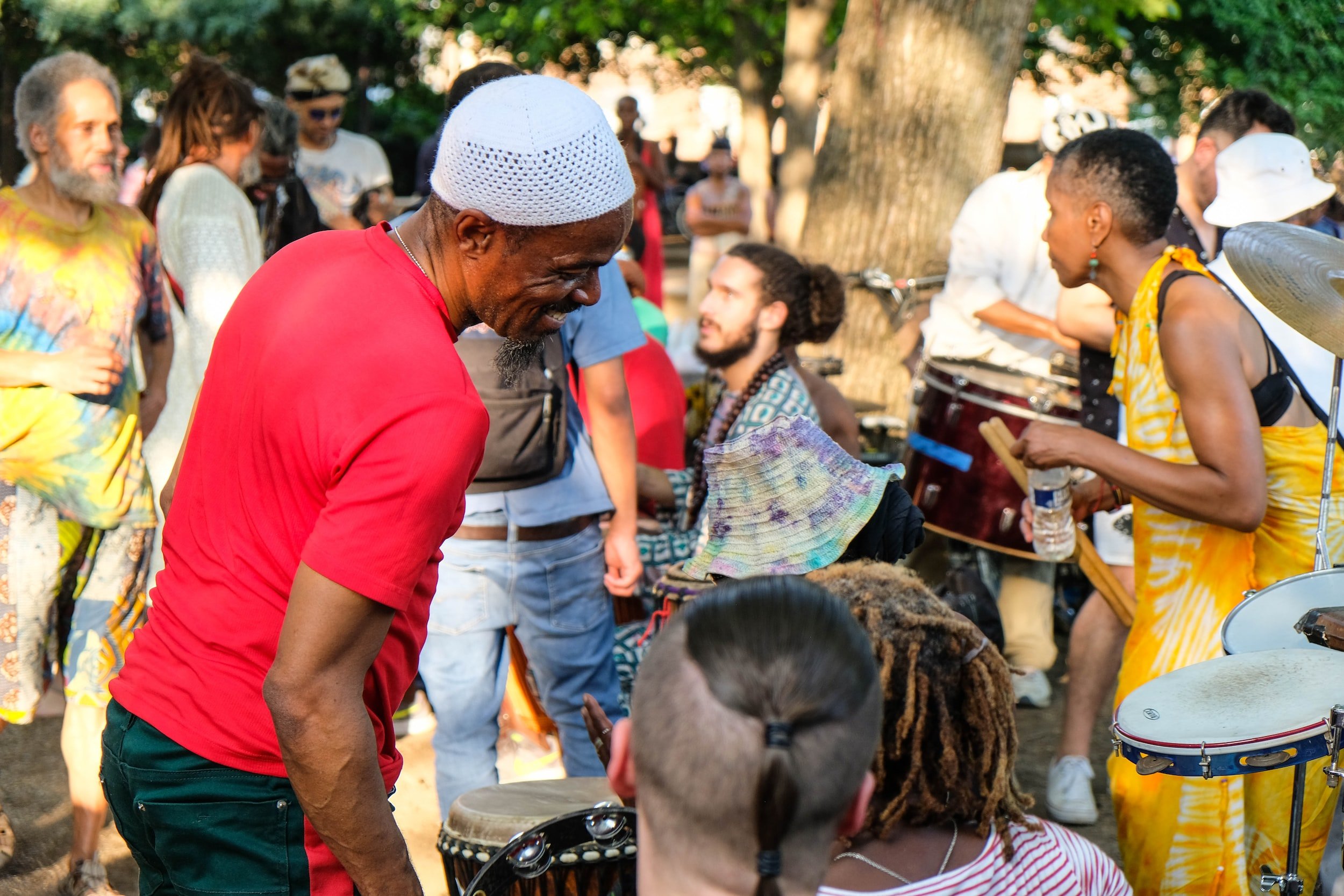
Protecting Life
This week James White assumes command of the Detroit Police Department. We wish him well as the new Chief. He is stepping into a position that requires new thinking about policing, relationships in our city, and the responsibilities of public officials.
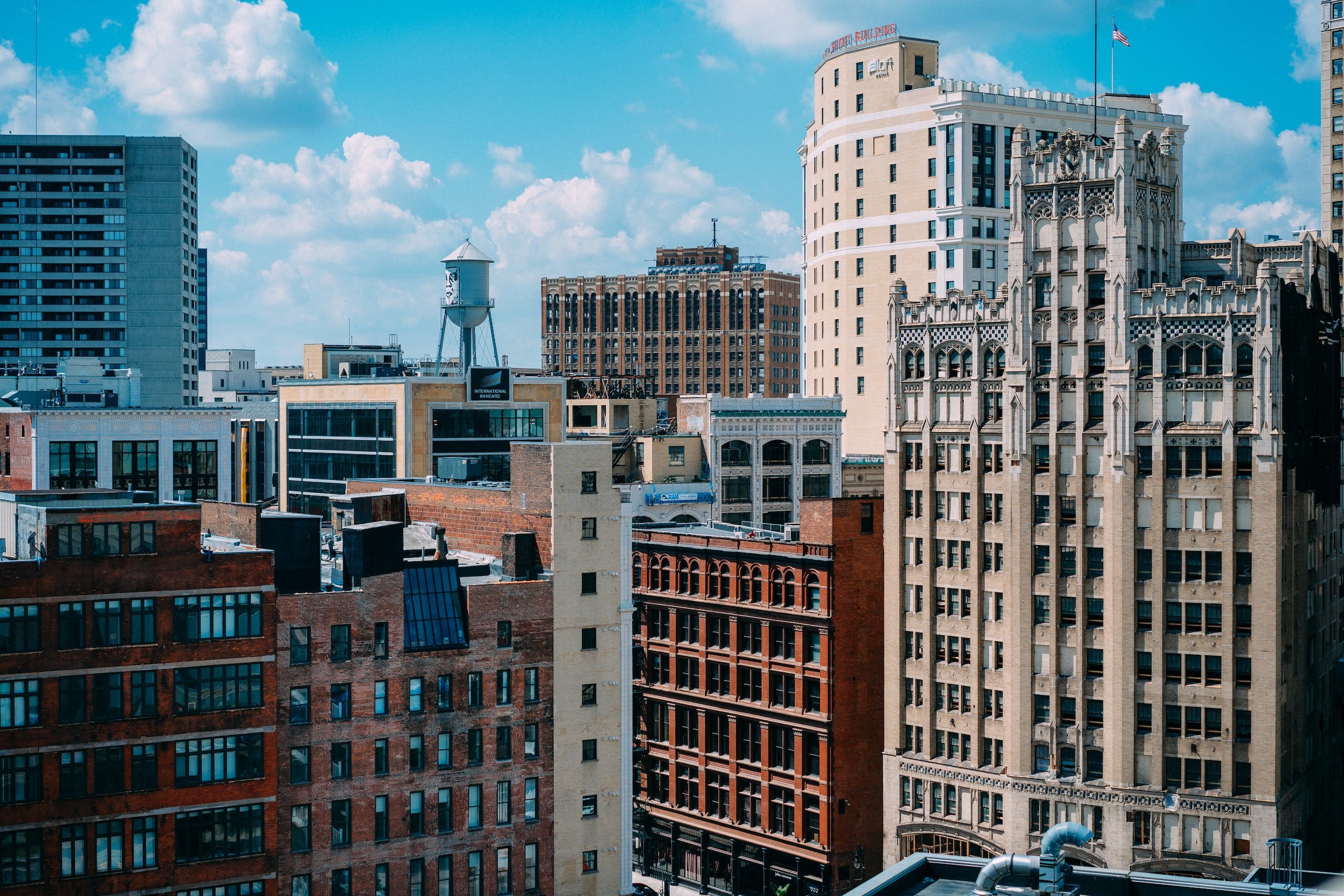
Waiting for New Leadership
James White assumes command of the Detroit Police Department on June 2. Chief James Craig has decided to retire. He is embracing the openly racist, white supremist, anti-democracy republican political party as his new home. This tells us much about what is wrong with policing in Detroit and why we need a shift in leadership. This change is an opportunity for us to rethink policing. So far, incoming interim Chief White is a disappointment.

Stand with Palestine
We oppose the brutality of the Israeli government against the Palestinian people. We stand in solidarity with those who fight for freedom against apartheid, genocide, and the settler colonialism essential to the expansion of empire. In this issue we are emphasizing the speech by Rashida Tlaib of Detroit. Long before she became the only US Congress member of Palestinian descent, she has been in the forefront of struggles for justice for all, understanding that our struggles for a better world are entwined.
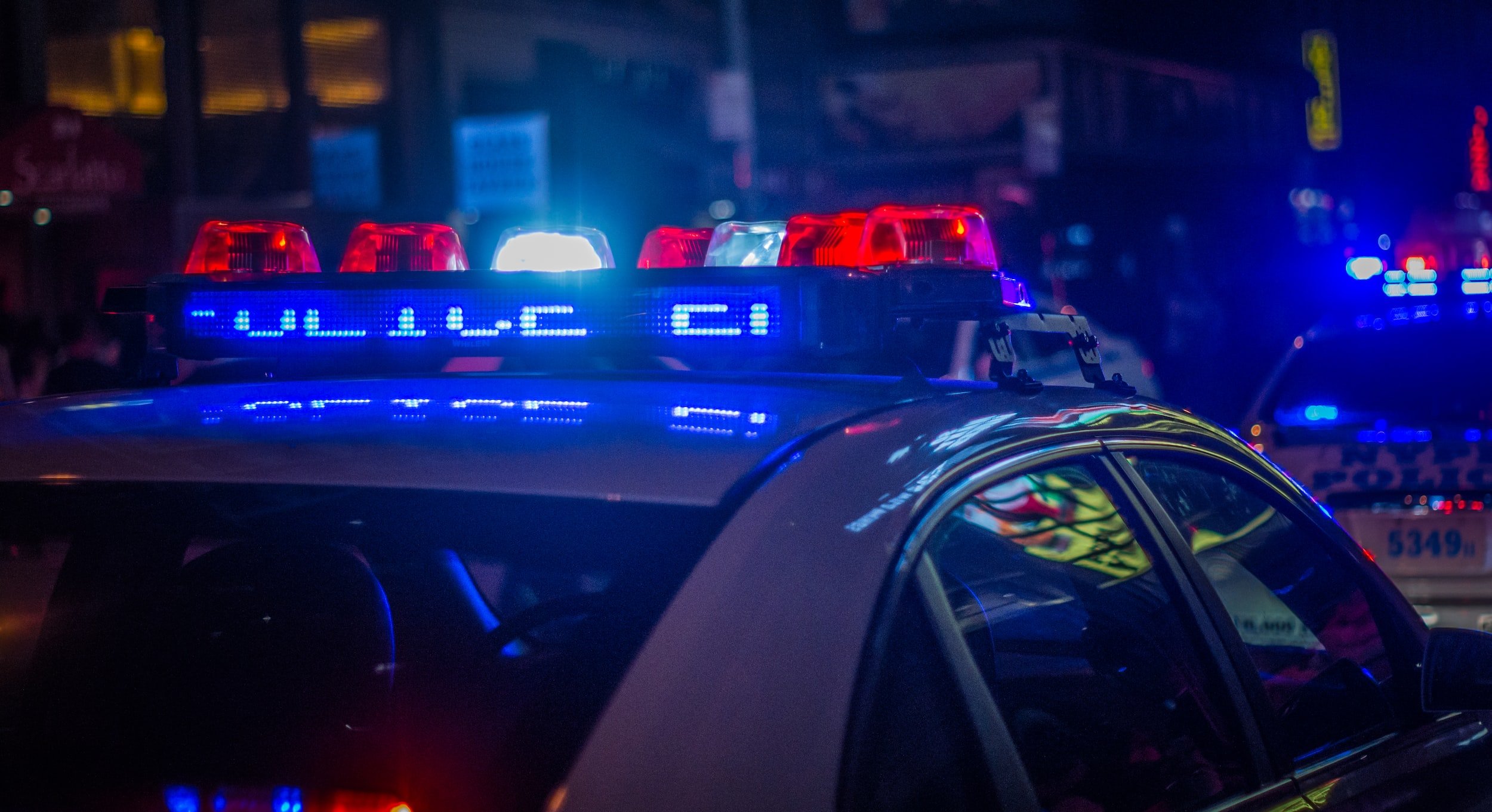
Under Scrutiny
Detroit Police Chief James Craig is expected to announce this week his retirement and to launch his campaign for governor on the republican ticket. Such news is not surprising. Craig has consistently supported the most extreme right wing, destructive politics in the country.

Public Leadership
Chief Craig and Mayor Duggan are moving the city in the wrong direction. They are resisting the depth of changes required to create peaceful, just communities. Instead, they are committed to protecting power and supporting the use of deadly force against people.

No More Trials
On a warm June day, almost 50 years ago, a jury found Angela Davis not guilty of murder, kidnapping, and criminal conspiracy. The all-white jury deliberated for three days before returning its verdict.
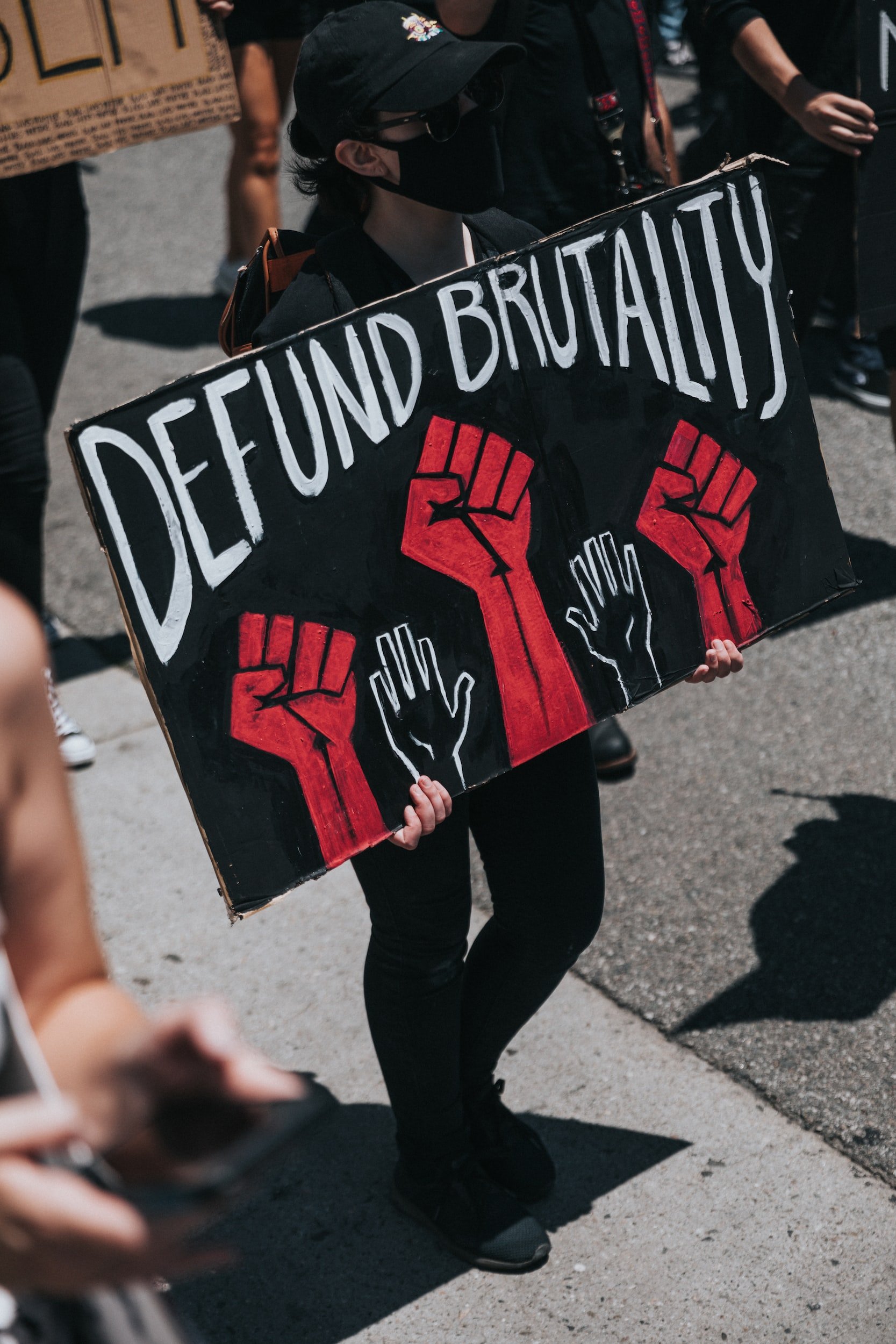
Gaining Momentum
The movement to defund the police is gaining momentum. After decades of holding local officials hostage by stoking fears of crime, police departments are beginning to see their budgets cut. Over the last 40 years, in the face of increasing demands for public services and shrinking city resources, police spending has tripled. None of this massive spending has made us safer. Study after study shows that there is no correlation between increased spending and reduced crime. The US leads the world in the killing of citizens by police.
